

Menu
Menu


Menu




Home » Festival of Restored Films
Restored films act as time capsules, offering profound insights into Indian society and culture. Witnessing these restored films provides a unique glimpse into the nation’s historical fabric. With films and ancillary materials rapidly deteriorating in India, the National Film Heritage Mission (NFHM), spearheaded by the Ministry of Information and Broadcasting, Government of India, undertakes extensive efforts to conserve, digitize, and restore old films. This festival highlights timeless cinematic masterpieces from India, meticulously restored by the NFDC National Film Archive of India (NFDC-NFAI) as part of NFHM. The film selection aims to showcase the nation’s regional and linguistic diversity while paying tribute to the esteemed masters and classics of Indian cinema.
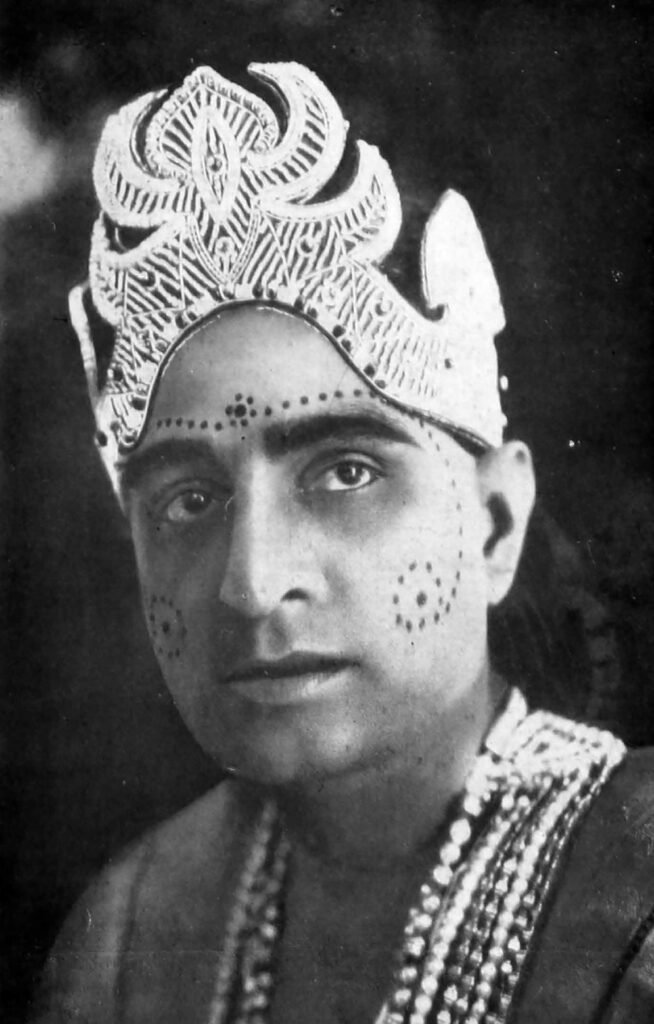
Living an indolent life in a luxurious palace, Prince Gautama is insulated by his family from the harshness of the outside world. But he is destined to learn greater truths. He is shocked to discover the pain and suffering of so many in his kingdom. He abandons his privileged existence and his wife to become a wandering teacher, eventually finding enlightenment and founding Buddhism.
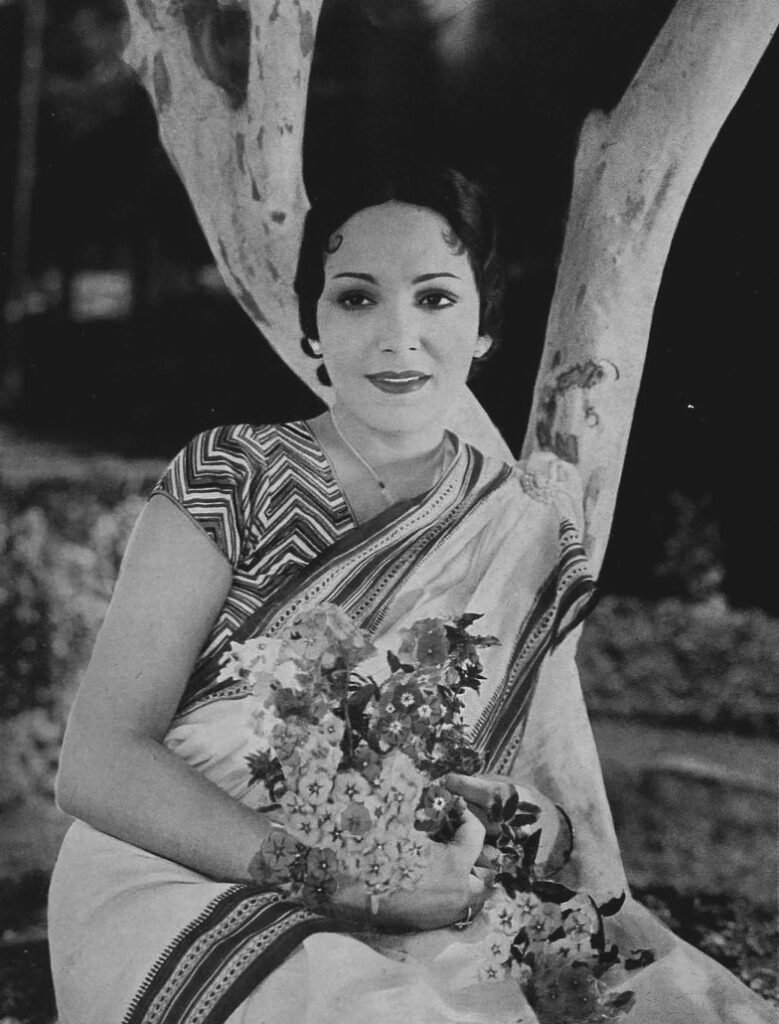
Nirmala is a daughter of an affluent family. Her marriage is fixed in the childhood with Lokenath as her mother promised to her dying friend. Nirmala proves her credibility in education and she becomes the first woman to join a college for a master’s degree. Her higher education creates a doubt in Lokenath’s mind. In college Nirmala meets Ram Das who is also a bright scholar and the same rank holder as Nirmala. They become close to each other, and Lokenath creates trouble in her education and personal life. Unstoppable Nirmala completes her education with pride and proves that the woman’s role is not for kitchen work and husband’s care but to educate herself to help build a better society.
A father-son duo living on the fringes of a village believe that working is a fool’s game, for the lord takes what little the workers make. However, tensions begin to rise when their indolent life is threatened by the arrival of the son’s new wife.
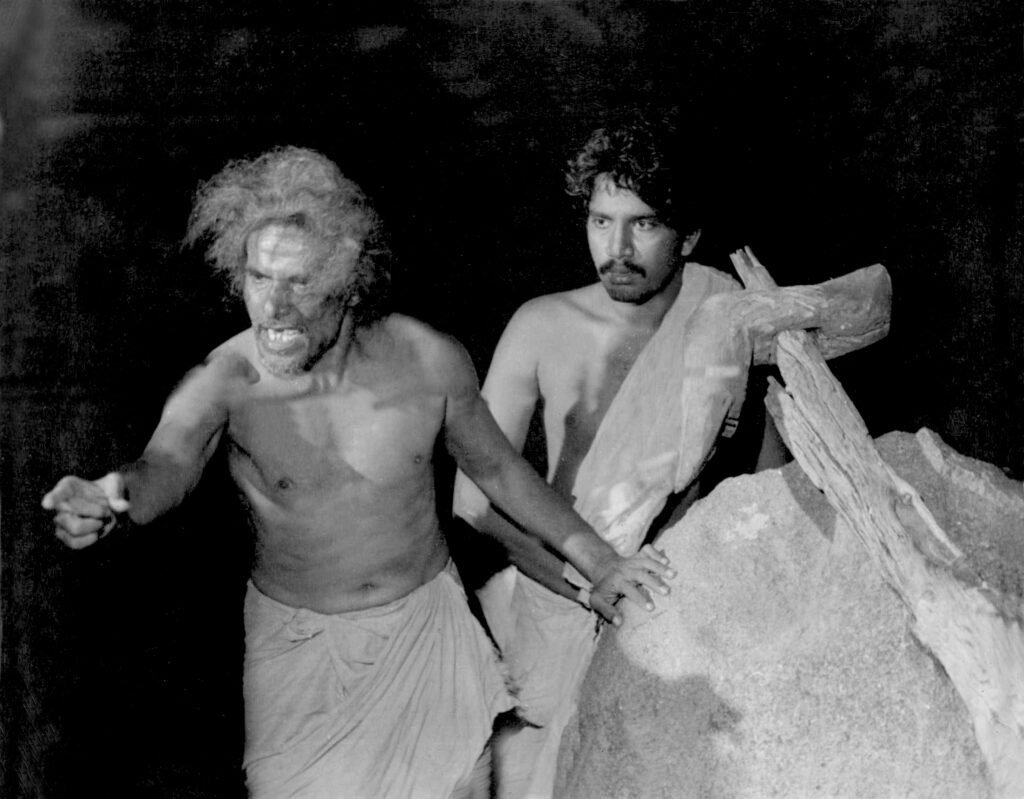
The film depicts the journey of a pregnant rural woman, who struggles to reach the town hospital crossing many adversities on the way. Surprisingly, she is helped by a man who is despised by his fellow villagers for being a poacher and a womaniser. The man, a Hindu, discovers at the end that the woman is Muslim and she prays to God for his well being.

Bhramar is a teenage girl who lives with her father and stepmother. Her relationship with her stepmother is not good. She has a good voice but cannot tell anyone about her aspiration to become a singer. Amal, a young man, comes to spend vacation with them. They fall in love. Amal encourages Bhramar to sing, but Bhramar becomes ill. She is diagnosed with Leukemia.
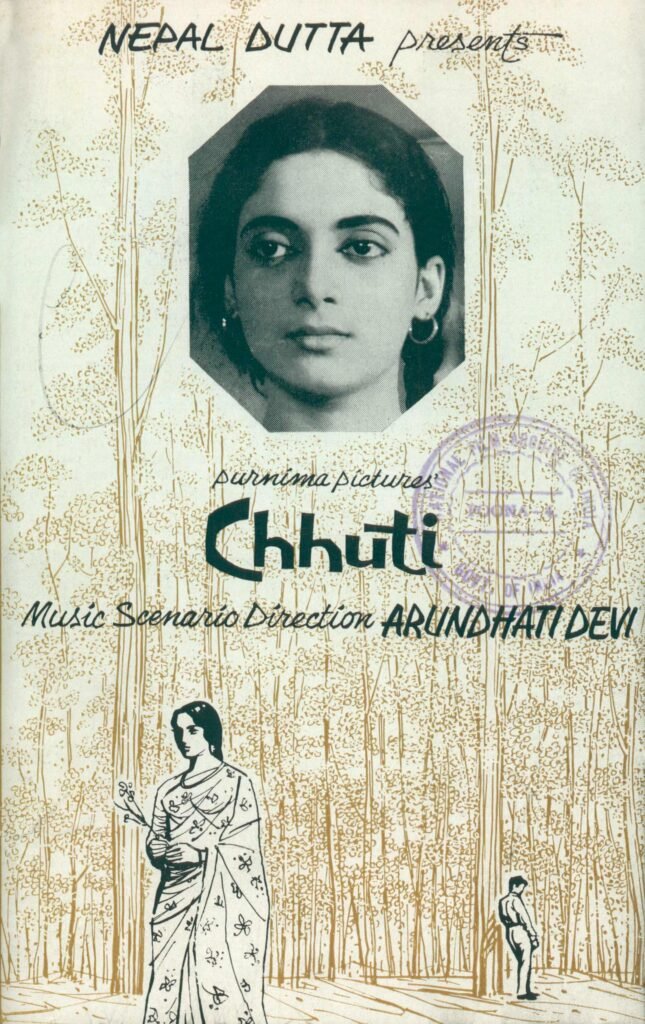

Based on the Malayalam novel Marthandavarma by C. V. Raman Pillai, the film recounts the adventures of the crown Prince, Marthandavarma on how he eliminates his arch rivals one by one, so as to ascend to the throne of Kingdom of Travancore. The film also featured seven-minute actual newsreel footage of temple procession of the late Sri Chithira Thirunal, Maharaja of Travancore.
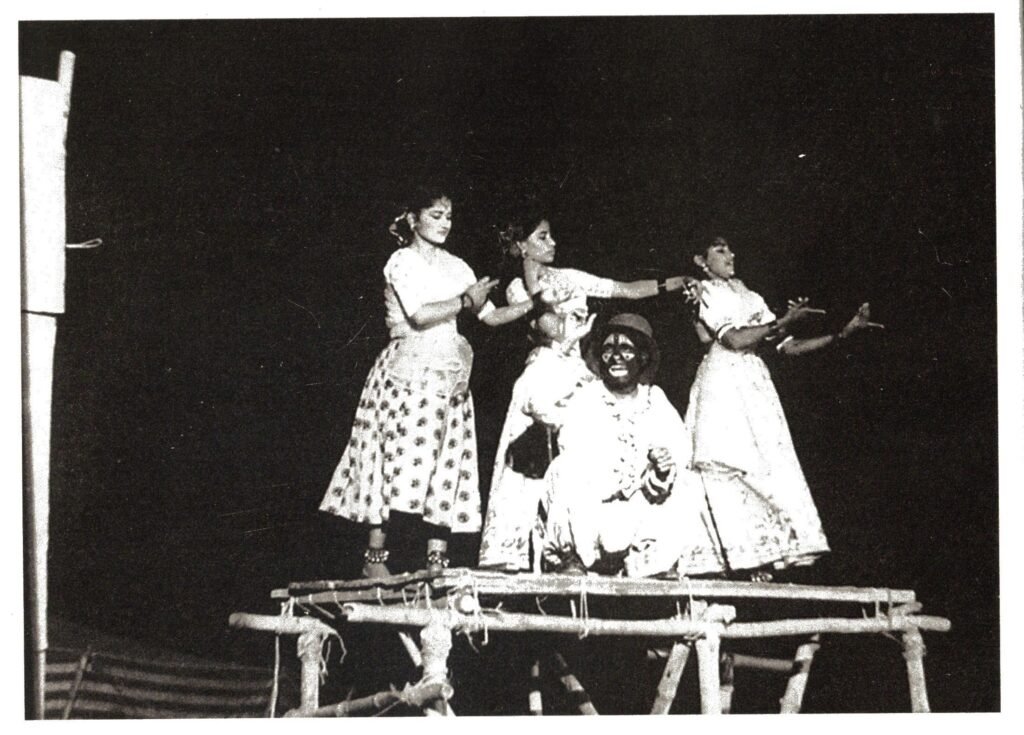
When a travelling circus troupe decides to hire a dancing girl to attract more crowds, the clown vehemently opposes her inclusion in their daily roster. In a drastic turn of events, the clown meets with an accident, and the dancer becomes his caregiver. Struggling to tolerate her presence within the troupe, the clown eventually loses control.

Oyoyo by Chetna Vora is the first examination film she made in 1980 while studying at the Academy for Film and Television “Konrad Wolf” in Potsdam-Babelsberg in the German Democratic Republic. The entire film is shot inside the residence complex for foreign students at the University for Economics in Berlin-Karlshorsts. It offers intimate and candid conversations around love, aspiration and dreams of their future, carried by moments of song and dance. The chorus of a song by Os Tubarões in Cape Verdean Creole gives the film its title.
Brothers Chandrasekaran, Gnanasekaran and Gunasekaran are Indian immigrants living in Burma. Things take a turn when their brother-in-law dies in an accident and their father dies of shock.

A group of teachers plan to stage a play in a village. When a cast-member does not show up, a local stagehand is asked to replace him. An improvised, free-flowing ‘rehearsal’ is arranged and a mock trial is staged to make the novice understand court procedures. A (mock) charge of infanticide is leveled against Miss Benare, another cast-member. All of a sudden, the pretend-play turns into an accusatory game when it emerges from the trial that Miss Benare is carrying an out-of-wedlock child from her failed illicit relationship with Professor Damle, the missing cast-member.

Naranappa is an anti-Brahminical Brahmin who spent all his life in defying Brahmin beliefs and lifestyles. He brought a lower-caste prostitute to the Agarahara and lived with her in his house. He even invited Muslim friends to the Agrahara and openly consumed alcohol and non-vegetarian food so as to insult the other Brahmins. When Naranappa died, his cremation became a complicated issue.

A young forest ranger arrives at Rangamati forest reserve and encounters the forest mafia dealing with illegal timber and also finds them involved in killing rhinos for their horns. The forest ranger makes it his duty to fight the forest mafia who tries to eliminate him in order to continue his illegal dealings.
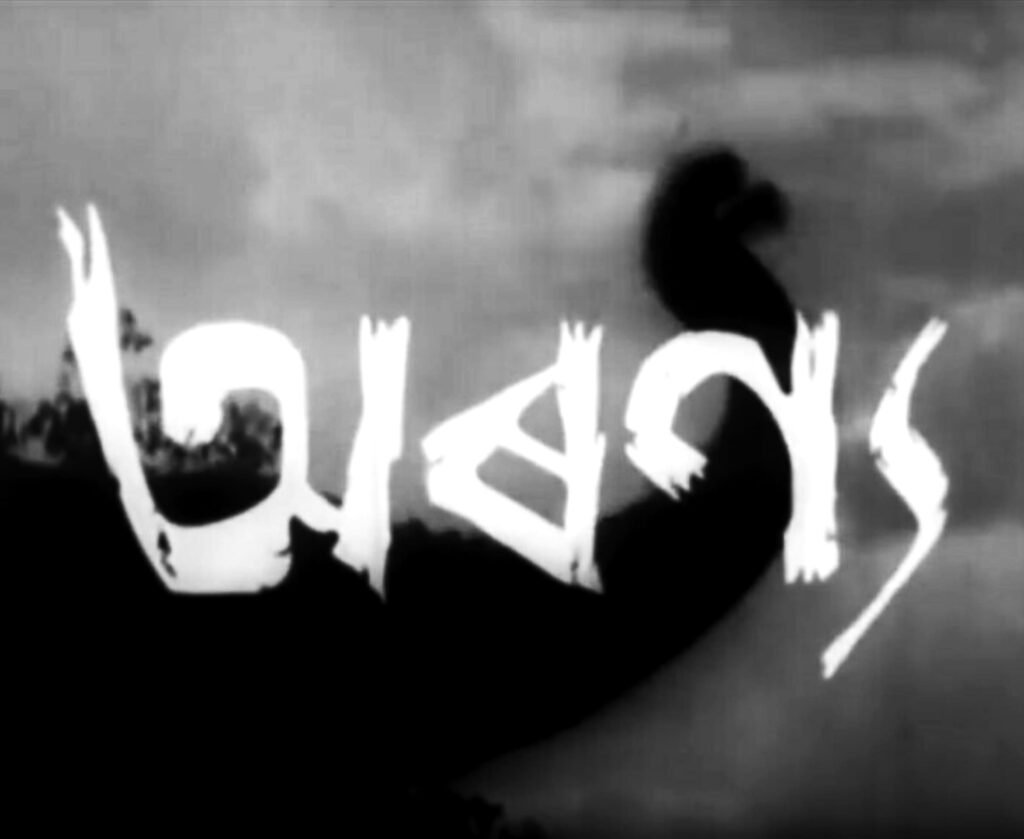
Set in post-independence Northern India amidst political upheaval, Taran, daughter of a wealthy landlord, grapples with societal expectations. Labor union protests underscore the changing times. Taran’s bond with a railroad engineer hints at romance. Encouraged by her renegade brother, she confronts her father about her future, challenging entrenched patriarchal norms in a shifting social landscape.
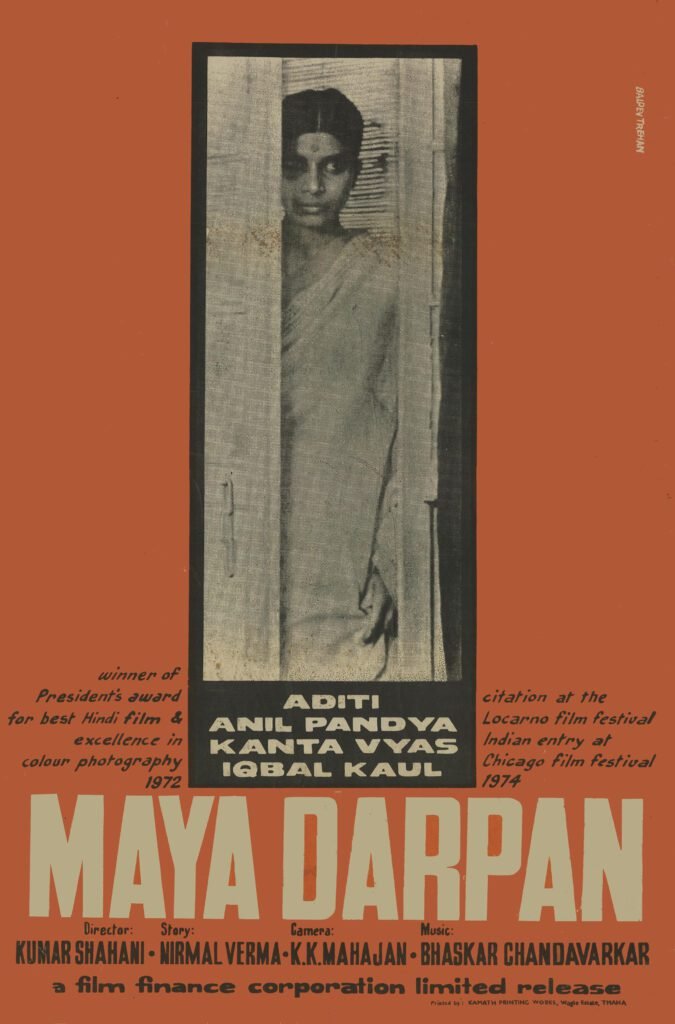
Narayanswami, a modern man living in Madras, brings an orphaned donkey to his village, much to the annoyance of his family and the other villagers. Finally, they kill the donkey. However, as several favourable events begin occurring in the village thereafter, the villagers plan to establish a temple in honour of the donkey.
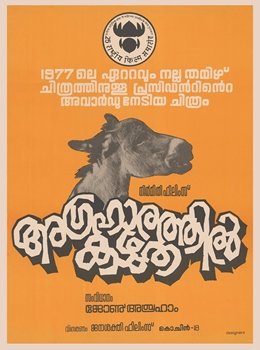
The arrival of a mysterious old man in their village interrupts the idyllic life of Chindan and his friends. Upon trailing him, they discover his magical abilities, and are soon captivated by the spellbinding scenes as he conjures up fruits and even turns the children into animals. Before bidding farewell to the villagers, he turns Chindan into a dog.

The film narrates a tale intertwined with issues of untouchability and the water crisis in India. It adopts a storytelling approach reminiscent of folk traditions, drawing inspiration from the well-known Gujarati folk art form called ‘Bhavai’.

When a politician is killed, a journalist discovers that a member of parliament had the man assassinated. As his editor digs deeper, the complicity of higher-placed politicians comes to the surface, which leads to riots in one town and an attempt to suppress his story.

Ishanou is a poignant tale of love and loss steeped in Manipuri culture that tells the story of Tampha, a gentle, young wife, who abandons her husband and daughter to join the Maibi sect of priestesses, responding to the inexorable call of the deity. She then goes in search of the Meibi Guru, whom she thinks has chosen her to be initiated into the sect. But behind her absorption in the mystical world of the Maibis, lurks the anguish of a mother alienated from her child. The film beautifully juxtaposes the spiritual world of the Maibis with the rhythm of ordinary life.

Twelve years after joining the esoteric Mahima monastic order, Bikas goes with his guru on a journey in the outside world. Guru advises him to visit his mother and asks her for alms like a beggar. It is a ritual necessary for the monastic order, a symbolic cutting off all links with the past. However, his journey goes horribly wrong.

The film tells a tragic love story, where a young man, Ivan, falls in love with the daughter of his father’s killer among the Hutsul people of Ukraine. Tini Zabutykh Predkiv/Shadow of Our Forgotten Ancestors based on the 1911 novel of the same name by Ukrainian writer Mykhailo Kotsiubynsky is Parajanov’s first internationally acclaimed film. The film is regarded as one of the classics of magic realist cinema.
Sayat Nova or The Colour of Pomegranates is a film that depicts the life of 18th Century Armenian singer-poet and bard, Sayat Nova. Parajanov cited his inspiration for the film were Persian and Armenian miniature art which he mentions, he uses to create the transcendental form and surrealist nature of his cinematic work.
The film follows the story of a poor minstrel who wanders the countryside in search of wealth, in order to win the hand of a rich Turkish merchant’s daughter who he loves. This was Parajanov’s last film which he dedicated to his dear friend Andrei Tarkovsky. Based on a short story of the same name by Russian romantic writer, Mikhail Lermontov, Ashik Kerib is an exploration into the Azerbaijani culture.
Courtesy: Golden Apricot Yerevan International Film Festival, Armenia.